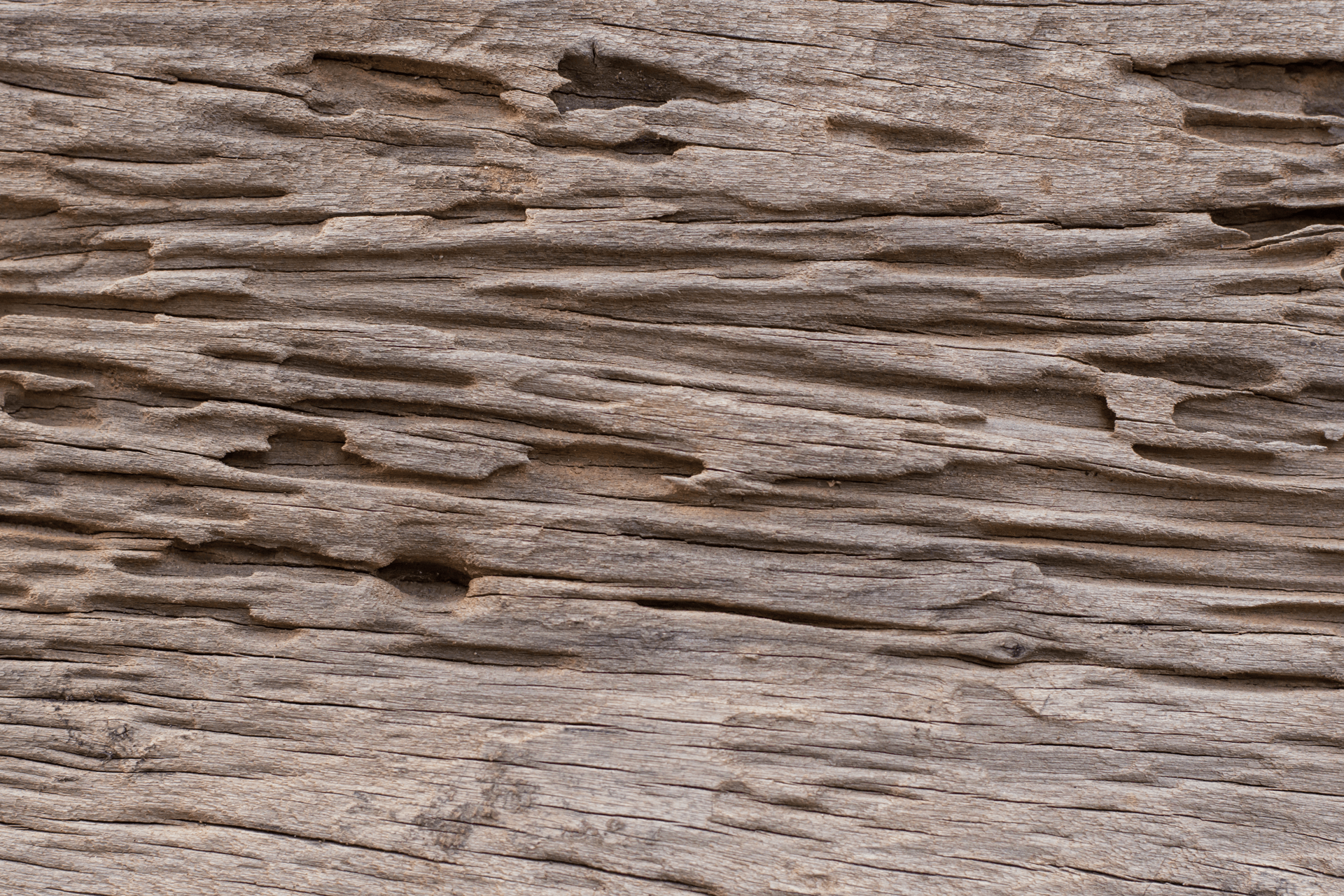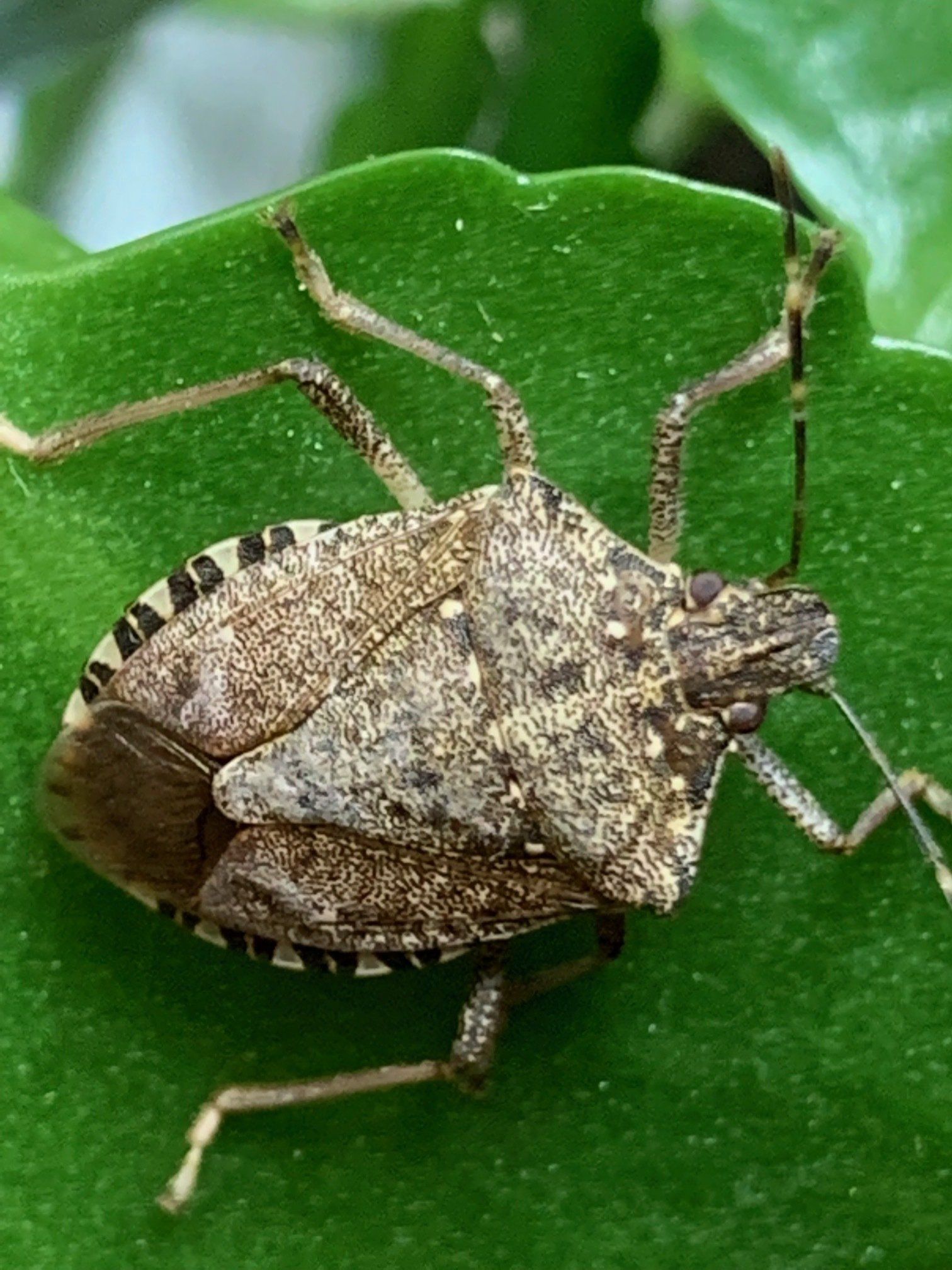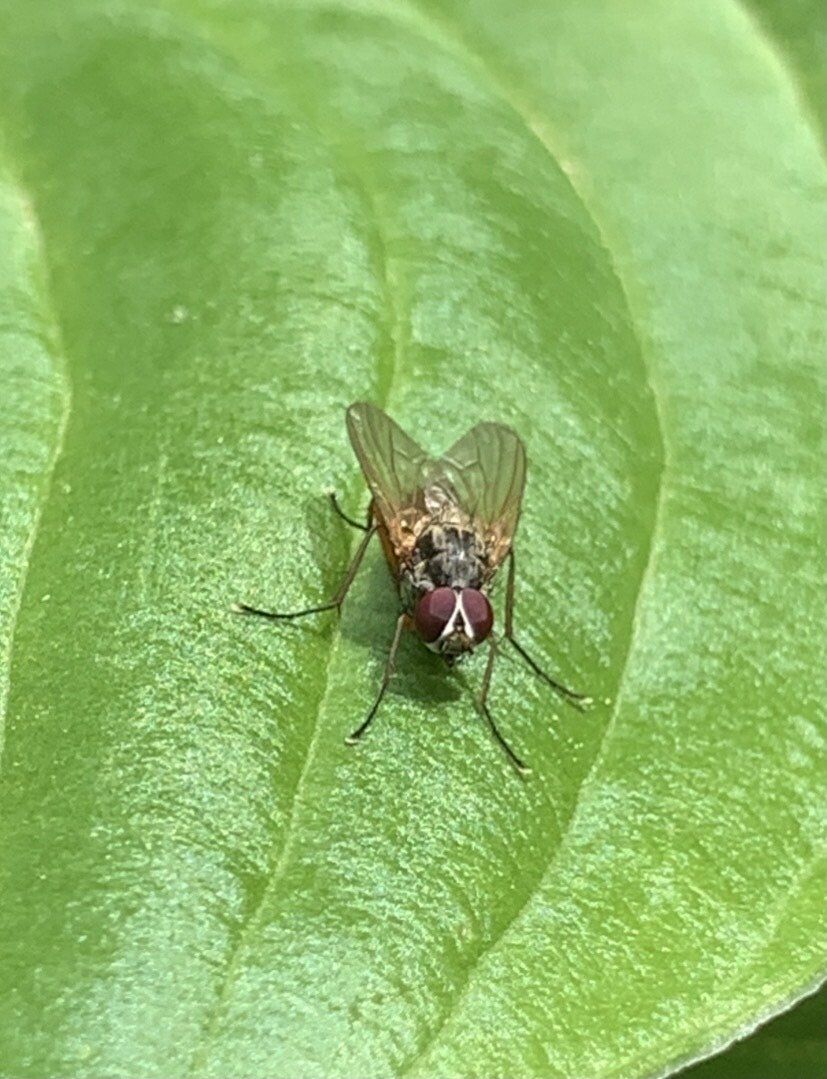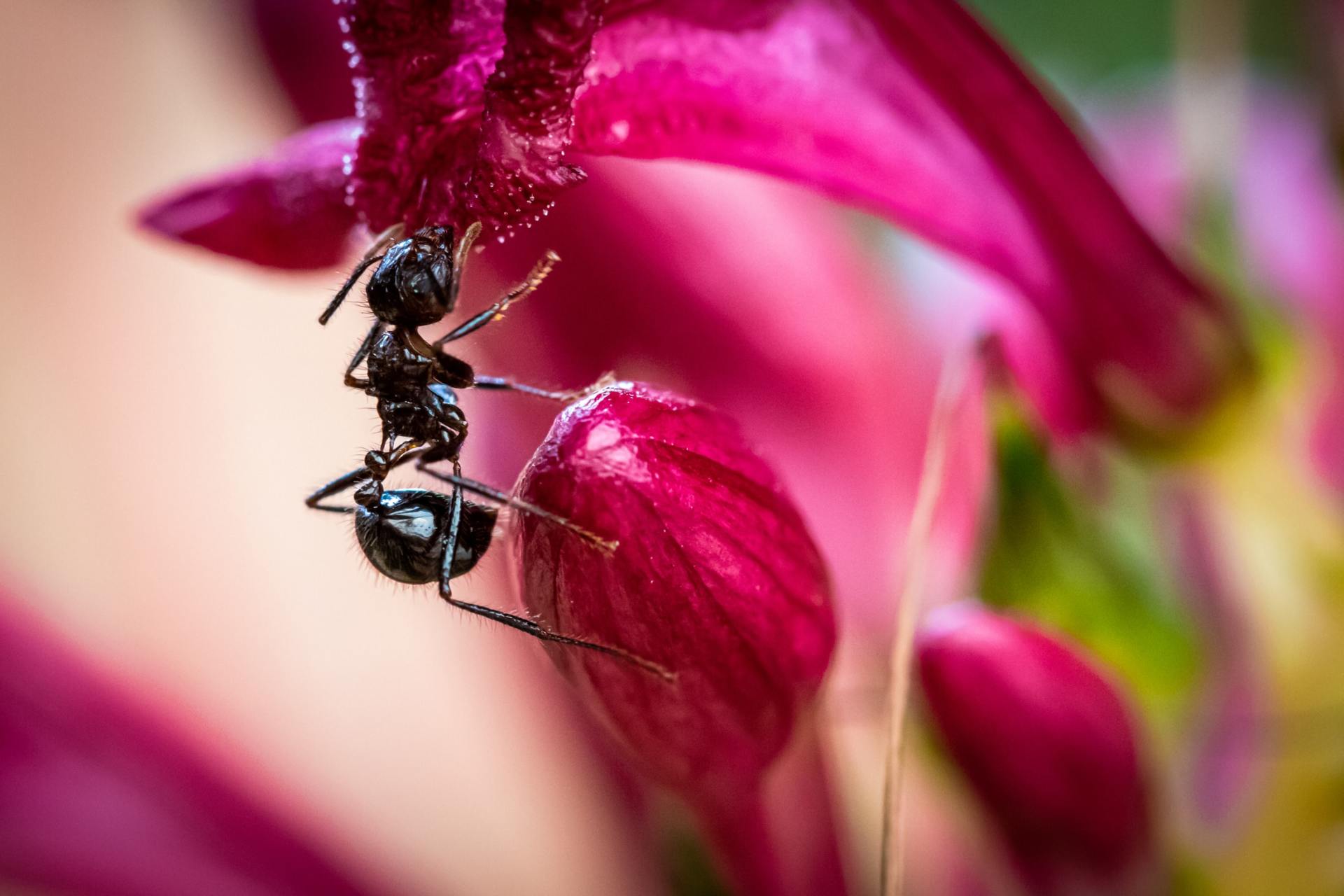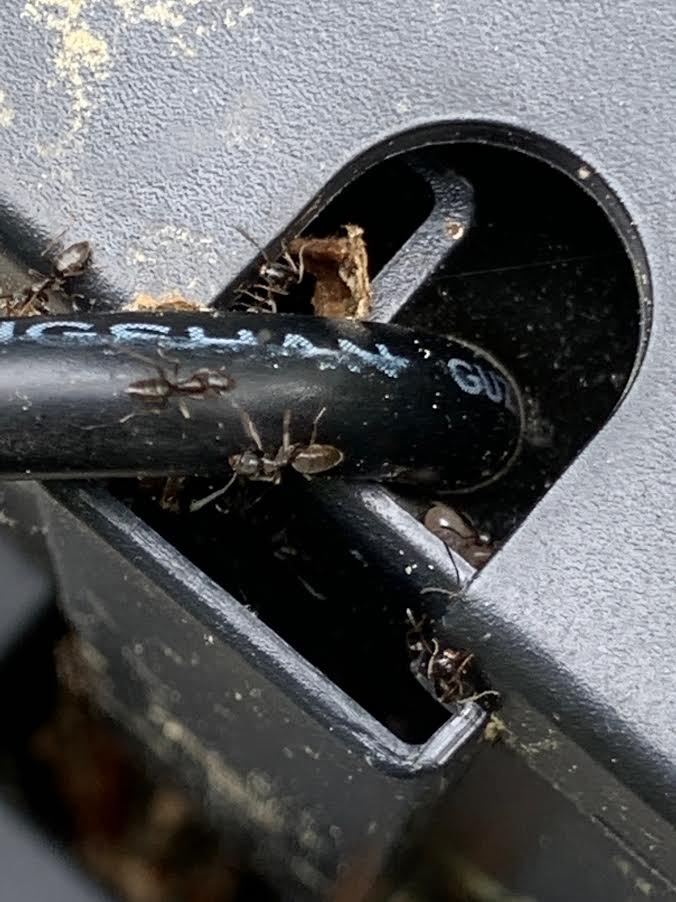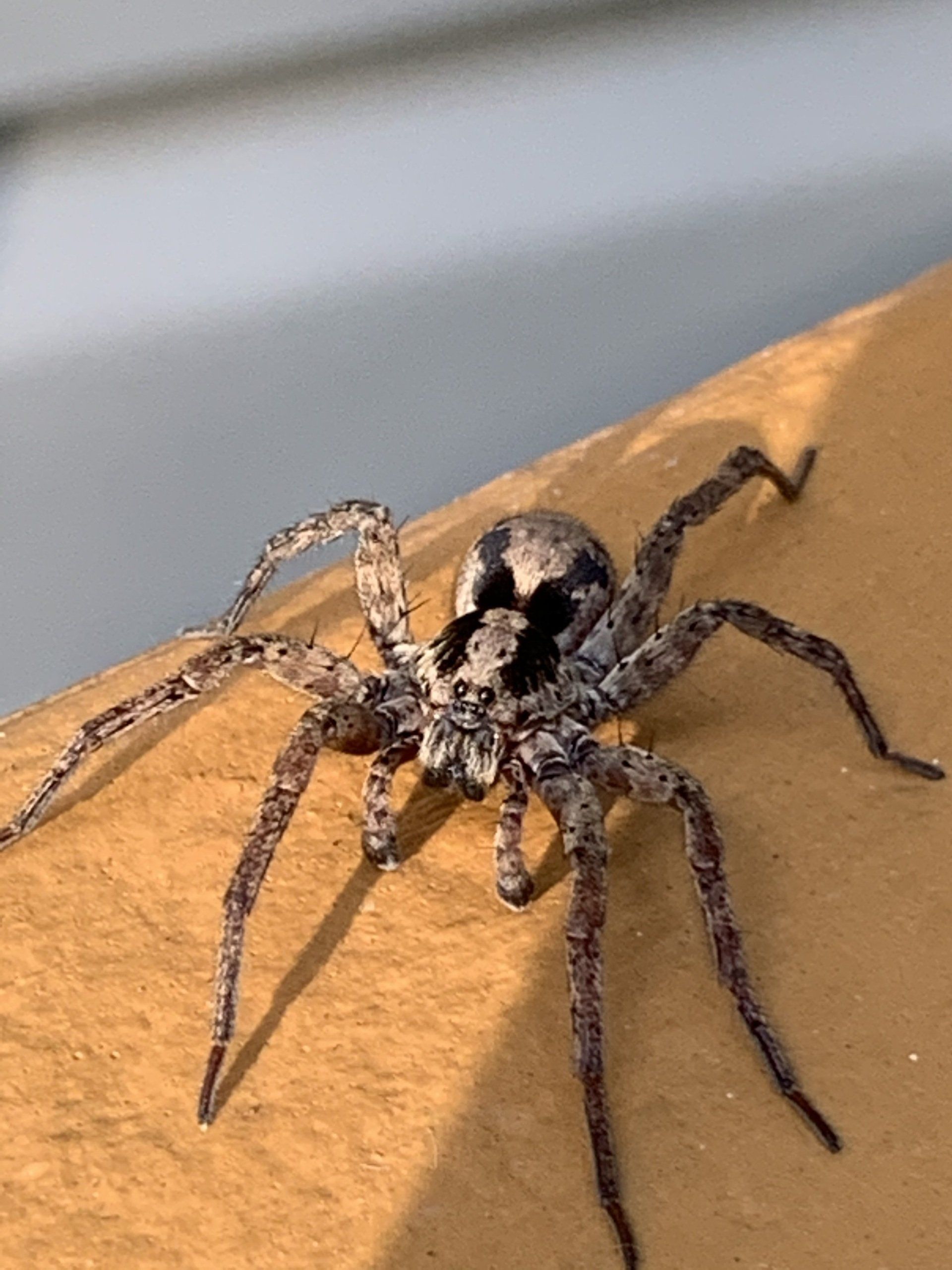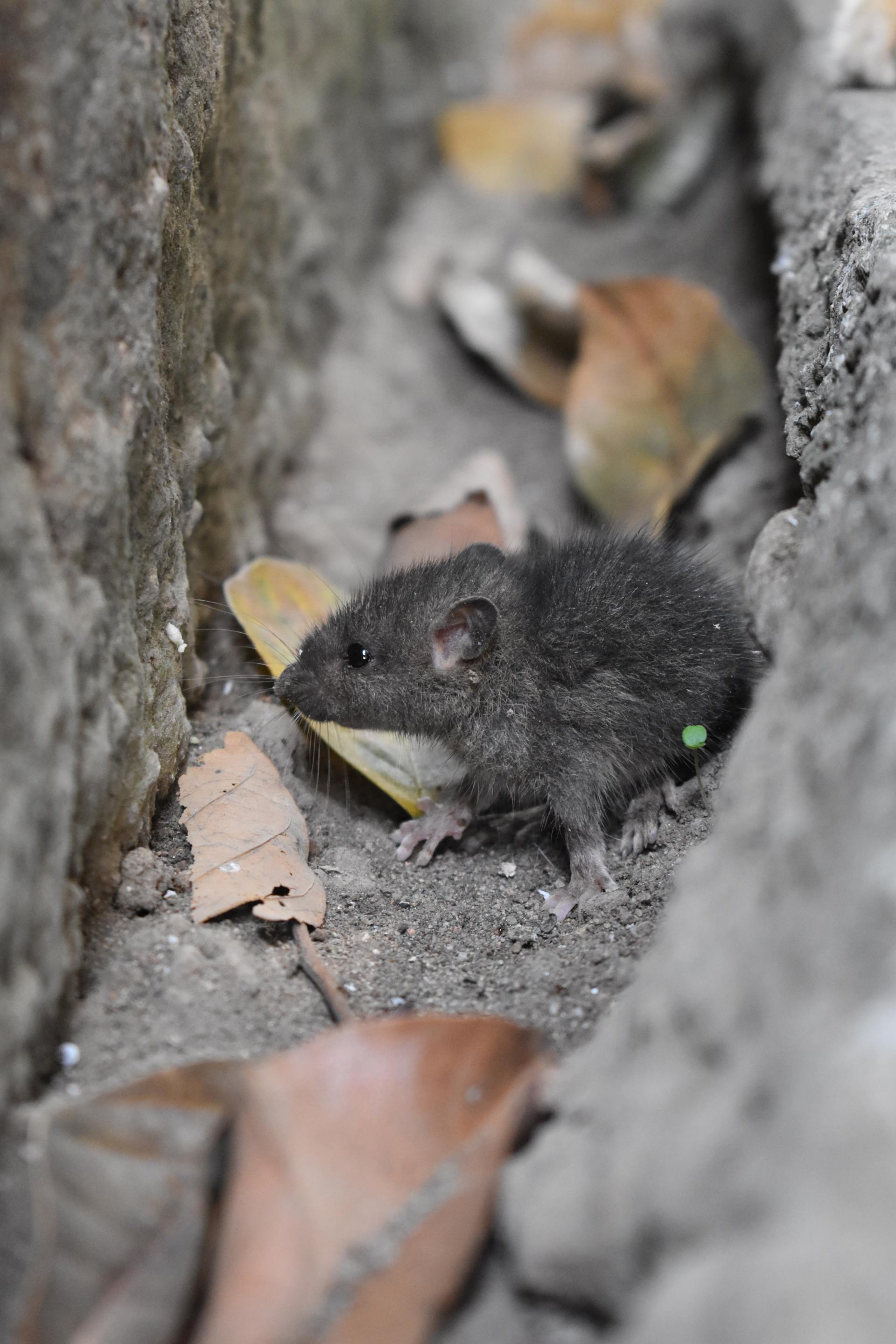Common Ants Found In Delaware Homes
The Odorous House Ant is a common nuisance pest found in homes and is the most frequently reported ant in Sussex county and Kent county, Delaware houses. Odorous house ants may also be referred to as sugar ants, due to their preferences to sugary foods, or stink ants and coconut ants, because of the smell emitted when they are crushed.
Odorous house ants are native to the United States and are found in all of Delaware. They can be distinguished from other Delaware ants by their 1/6” inch to 1/8” inch size and that they only have one node separating their thorax and abdomen unlike acrobat ants, pavement ants, thief ants and pharaoh ants who have two nodes. Their antenna is bent and has 12 segments and they are brown or black in color. As mentioned above, The odorous house ant is accurately named “odorous” due to the pheromone or chemical they release when they are crushed that gives off a rotten coconut or blue cheese odor.
Sugar ants usually make their way into homes in Sussex county and Kent county, Delaware by traveling on the edges of tree limbs, shrubs and plants, and on utility wires and pipes and from the base of homes at the foundation and home siding. Once they enter your house, they will continue to travel on the edges, usually in a single line of ants, on your counters, cabinets, baseboards, and floors. The odorous house ant often forages in homes after rain when their outdoor food sources may have been washed away or in the fall season when their food source is no longer available and has ran out. Odorous house ants are true tacticians and great opportunists and will also seek out other preferred food sources of sweets and meats to feed the colony. This often leads to an odorous house ant infestation within a home. Their nests can be found both inside and outside of a home and they are commonly found in the walls, floors and in insulation when inside of the home.
An odorous house ant colony also needs moisture for survival and are often found near a water source such as areas of condensation, leaking pipes, damaged or wet wood, or damp Crawlspaces. They will often enter a home that offers a water source when it becomes dry outside or very hot for an extended period of time. After entering the home, they will travel the lengths of pipes and wires through homes, under floors, and in wall voids within a home to forage and locate a food source that will be adequate for them to survive.
Odorous house ant colonies range from hundreds of ants up to tens of thousands of ants in a colony and usually contains more than one active Queen. There may also be multiple odorous house ant colonies within the same structure. Odorous house ants, like pharaoh ants, are also notorious for “budding” or splitting off to start additional colonies when they feel threatened or distressed, making getting rid of them even more challenging. They will also bud naturally and start a sub-colony when the colony becomes large enough. Ant budding causes the ants to scatter and separate and start a new colony from an already established ant colony. The new budded colony or sub colony will already consist of a queen and several worker ants and usually will nest somewhere near the original colony.
In order to keep sugar ants out of your home, eliminate their ability to get food, water and shelter. Seal off openings into your home that allow ants easy entrance such as gaps, cracks or holes around utility pipes and lines, wires, foundation, windows and doors. Keep tree limbs and shrubbery trimmed back and away from touching the home. Since odorous house ants need moisture, Get rid of any moisture and damp areas, repair any leaking water pipes, or HVAC lines, remove wet leaf debris or wet wood from near the home, and check crawlspace for high moisture levels. Lastly, get rid of food that may attract these ants inside by putting away all food or covering food tightly if left out, wiping down tables and countertops, keeping sink empty of dirty dishes and running the dishwasher regularly.
Due to the nature of odorous house ants, they can be difficult to get rid of and manage once they infest a home. They often have more than one colony, bud to create additional colonies when threatened, and can contain huge numbers within each colony posing a problem for many homeowners.
Integrity Pest Solutions offers free evaluations for ant concerns, and will properly identify the type of ant and determine the most effective and safe treatment. One time services and warrantied quarterly services are available to help meet our customer’s unique needs. Call us at 302-858-8629 with any questions you may have or to schedule your free evaluation.
Integrity Pest Solutions is your local, family operated pest control company offering a complete line of termite, pest control, organic and inspection services in Sussex county, Delaware and Kent county, Delaware.
